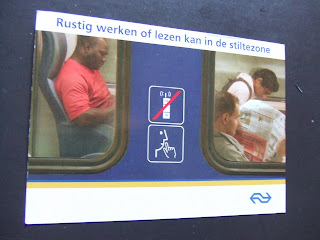
Haunting is the word most often applied to this song. Chances are that you already know I Wonder as I Wander, an Appalachian ballad heard on the street in North Carolina (USA) by John Jacob Niles. Niles, a Kentuckian singer and lover of traditional music, found the music produced by a ragged young girl enthralling. He paid her to repeat the song many times as he took notes. Niles subsequently brought the song from mountain towns to the world beyond. Now known across the globe as a Christmas Carol, the melody has been recorded by Mahalia Jackson, Joan Baez, Barbara Streisand and Placido Domingo, to name just a few. The latter I find quite distressing. This song needs to be heard a cappella.
Chances were not that I would hear the elderly John Jacob Niles himself perform the song live, a few years before he died in 1980, but I did. He was mesmerizing. Fortunately: a fellow student eventually wrote down the lyrics for me on what became a highly protected sheet of lined paper. See the handwriting: this artistic person was an accomplished calligrapher. She was, however, not able to lift words back off the page into the voice, as Niles did. But her script contains the sound of his voice for me, and I am grateful.
The phrase is clearly entrancing: I Wonder as I Wander became the title of the second volume of writer Langston Hughes’ autobiography, which appeared in 1956. Missouri-born Hughes was widely travelled: the USA, Mexico, Cuba, West Africa, France, Spain and the Netherlands (he was washing dishes at sea when he jumped ship in Rotterdam) – many were the states where he cast a critical eye on society and culture.
Not all of his peers viewed this as a strength. As Arnold Rampersad notes in his intriguing – indeed: gripping - 1992 introduction to the autobiography, one reviewer in the 1950's sneered that Hughes had done “more wandering than wondering.” The suggestion was that Hughes had failed to probe the compelling issues in his life, and of their times: the 1950’s, with political, social and racial differences polarizing in new post-WWII ways.



















